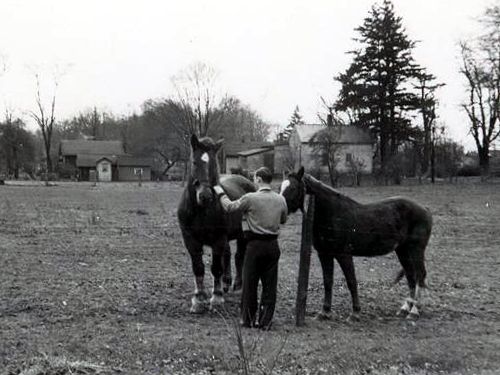An Irish Miracle spans over a half a century and two countries. With all the strife in the real world today, the stories in it offer a respite, a brief glimpse of simpler times and simpler places.
Born in 1945, life for twin boys on an Ohio family farm is filled with hard work. The growing seasons mean plowing, planting and worrying about the rain. Only after the day’s work is there time for pick-up games, pony rides, and swimming. When the harvest season begins, daylight is reserved for bringing in the crops and baling the neighbor’s hay for spending money. The first day of a new school year means the ground will soon be frozen solid.
Their close-knit family is happy and secure, but with one ill-fated decision by their father, an old-school farmer and a war veteran, life for the boys begins to change. When the first Irish-Catholic president is assassinated, life for the whole family changes. After the arrival of two draft notices, the twin brothers set out on separate paths for the first time in their lives, one to the jungles of Vietnam and one to the quiet countryside of western Ireland.
Were they really simpler times and simpler places? I think so, but perhaps you should decide for yourself.

